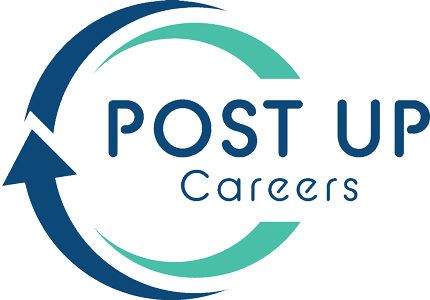Your resume is the front door to any successful job search. You can't get a job interview without a resume that demonstrates your skills, accomplishments, and transferable skills.
After all, the resume is what recruiters look at before calling you!
But even in 2024, I still see little things on resumes that come across my desk that simply aren't necessary anymore. They're products of the 1990s and early 2000s where job searching didn't really rely on applicant tracking systems, online job boards, and others.
Let's dig into three outdated resume features that many job seekers are still using today.
Your address. You don't need to put your full address on your resume. With the benefit of hindsight, you probably never needed to, but yet job seekers from college students to CEOs still put their full address on their resumes.
Why is this outdated? The first reason that having an address on your resume is outdated is privacy. It's nobody's business where you live, what your apartment number is, or what street corner you live on. Do you really want someone looking up your house on Google Maps? With satellite imaging available now, they can look and see what your yard looks like!
The second reason it is outdated is directly connected with privacy. It's security. Outside of people being able to find pictures of your house online, in this digital world that we live in now the last thing you want is someone actually showing up to your house. If you've ever been in the unfortunate situation of having a restraining order on someone and you move, if you post your resume to a job board that information is now easily accessible.
So, leave your address off of your resume. Instead just list your City and State. You do need this information on your resume, even for remote positions. Many recruiters that I know that source for remote talent are searching in certain time zones and regions. So if you don't have a location on your resume you may not appear in their search!
If you live in the outskirts of a metro area (like Irmo, SC) that people outside of your region might not know about, feel free to put "Greater Columbia" or something like that in your resume contact information.
The next thing to leave off your resume (with some exceptions including federal resumes) is the reason why you left a company.
That information will come out in an introductory job interview. You don't need to put that you were laid off, downsized, or left for a better paying position.
When you put that information on your resume you begin to create questions that you don't want the reader or recruiter to assume answers to. If you put you were laid off, you don't want someone to assume that you weren't good at your job. If you put that you left for a better opportunity you don't want someone to assume that you're a mercenary job hopper.
Instead, use that real estate on your resume to add additional accomplishments. There is nothing about leaving a previous job that sells a candidate on their resume. Instead make sure your resume sells you with results.
The last thing to leave off your resume are (with some exceptions including federal resumes) references. I've talked about this before, but clearly it's a topic that needs consistent reinforcement.
There is a time and a place for references upon request and it's not on the resume. It's at the end of the job search process. Once again, use that real estate on your resume to highlight accomplishments and continue to sell yourself.
Yes, having a big name as a reference is a good thing. But instead of putting that name on the resume, consider having that big name advocate on your behalf by proactively reaching out to the company to put in a good word. You can read more about that here.
Let your resume be the document that sells you and sells you safely while maintaining your privacy, security, and peace of mind.





